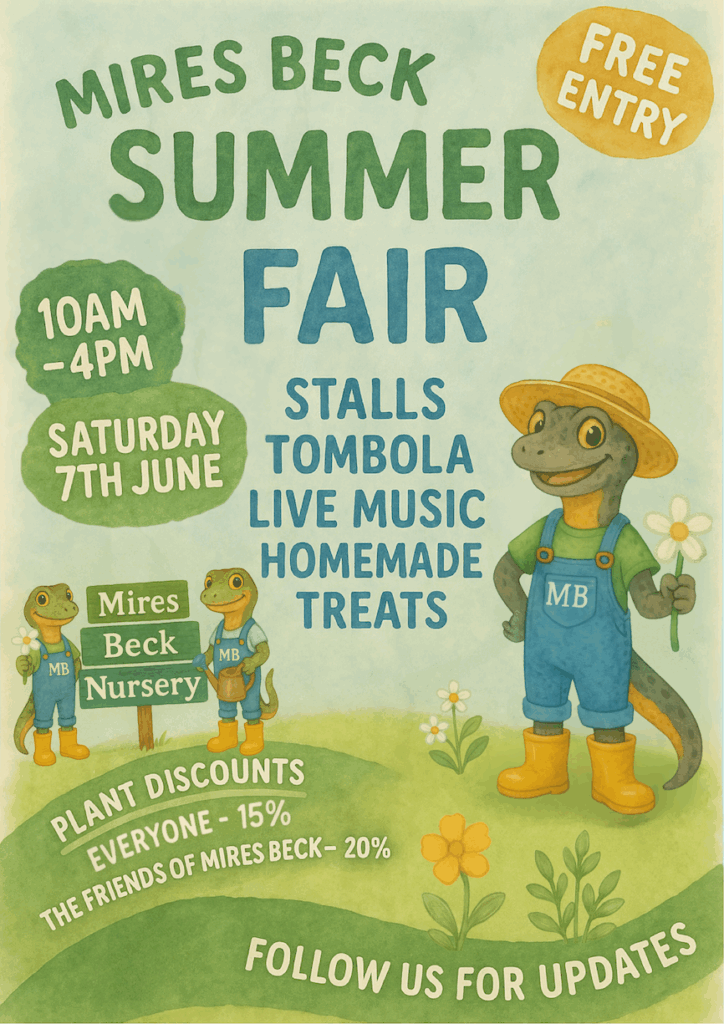Nature Friendly Farming Webinar – 22nd May
We wanted to share information about an upcoming webinar being organised by the Nature Friendly Farming Network (NFFN) as part of Nature Friendly Farming Week. This inspiring event will feature two remarkable farmers discussing how farming can work harmoniously with nature.
The webinar will showcase two farmers who are champions of nature-friendly agricultural practices:
- Ruth Ashton-Shaw from Low Auldgirth in Scotland – A former design consultant who transitioned to farming with no prior background. She now runs a 30-acre organic smallholding producing quality meat, eggs, and wool from native breeds.
- Debbie Wilkins from Norton Court Farm in Gloucester – A former food scientist at Unilever who returned to manage her family’s 950-acre mixed farm, focusing on soil health and biodiversity.
The event will be hosted by Martin Lines, CEO of the Nature Friendly Farming Network, who manages an arable farm in South Cambridgeshire. This webinar promises to be enlightening for food lovers, nature enthusiasts, and anyone curious about sustainable agriculture.
This event is organized by the Nature Friendly Farming Network. We are sharing this information as we believe it may interest our community, but we are not affiliated with the organisers.





